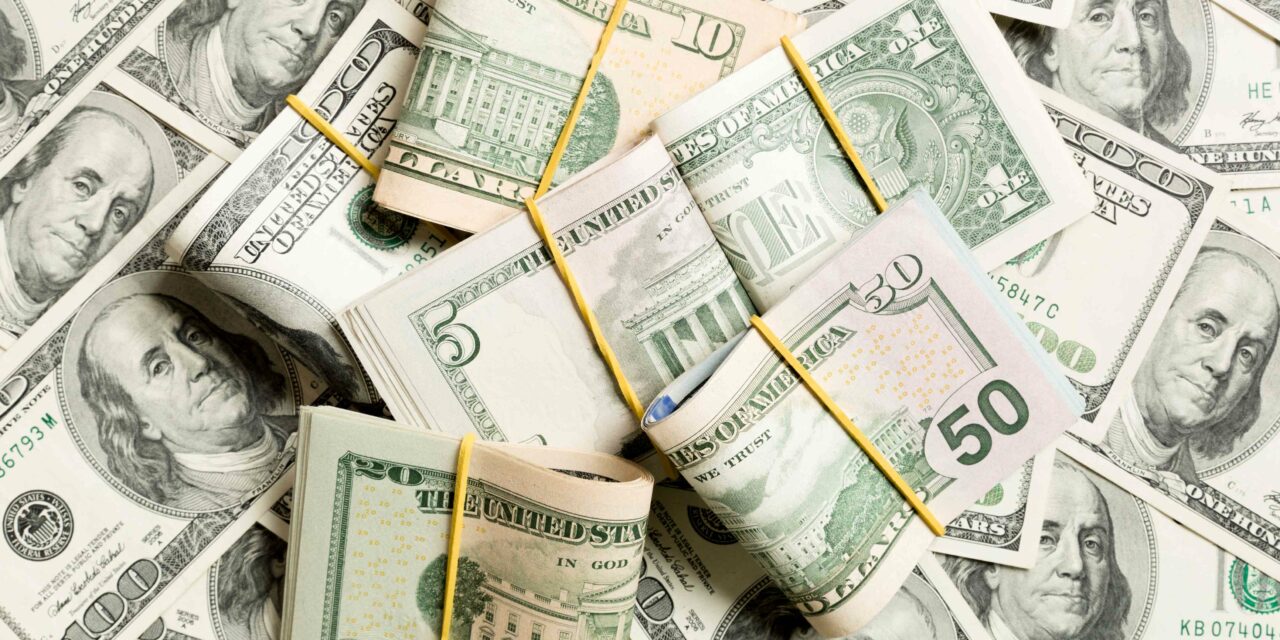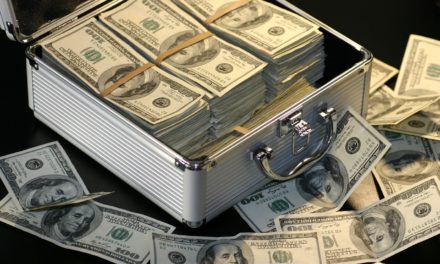Gold the Winner as Dollar Use Declines
De-dollarisation is a growing threat to US and international investors. The US has long used its reserve currency as a weapon. It has frozen reserves of countries like Russia. It can block dollar payments of any party it doesn’t like. They can enforce international sanctions by blocking dollar transactions.
But countries and high net-worth individuals affected by the weaponization of the dollar are fighting back.
The BRICS nations, comprising Brazil, Russia, India, China and South Africa, have started trading amongst themselves using their currencies. This has reduced the overall use of the dollar.
But this is a trend that’s only months old. Moreover, it’s likely to grow stronger as other countries like Saudi Arabia move away from dollar settlements.
JPMorgan, the largest US bank, agree the world economy is de-dollarizing. On Monday, they said that while the US dollar is anticipated to remain dominant, various factors are undermining it.
The BRICs are challenging the US currency due to rising US interest rates and sanctions that have banned Russia from the global banking system.
The dollar’s usage has gotten increasingly “bifurcated under the hood,” according to JPMorgan strategists Meera Chandan and Octavia Popescu.
The Euro is in More Trouble than the Dollar.
The dollar’s proportion of traded currency volumes remains barely below its record highs at 88%, while the euro’s share has decreased by eight percentage points over the last decade to 31%. Conversely, the Chinese yuan’s share has grown to 7%.
US Exports are Falling
Due to a drop in exports, the dollar’s stake in foreign exchange reserves has dropped to a new low, the strategists said. Commodities are still following this trend.
JPMorgan is the most vocal US bank on this matter. But Goldman Sachs Asset Management and others have also commented.
According to JPMorgan’s estimate, the US share of global exports has fallen to a record low of 9%. Meanwhile, China’s share has climbed to 13%.
Countries are Shifting out of Dollars and into Gold
The dollar’s share of global central bank forex reserves has dropped to a record low of 58%. However, it’s still the largest by far.
Central banks’ gold reserves have increased from 11% to 15%. This trend will also grow. Countries like Russia and China are increasing their gold reserves every month as they move away from the dollar.
Foreign Assets Essential to Beat De-Dollarisation
While de-dollarisation may not be a catastrophe yet, it’s worth looking into how it could affect you. Everyone should have bank accounts and assets outside the US. Gold bullion stored securely is the safest of investments to protect your purchasing power. Multi-currency accounts at foreign banks are helpful, too to hedge your risk from dollar assets.
De-dollarisation will inevitably cause dollar assets to lose value as interest rates rise. As a result, the dollar will decline against commodities and other currencies. Gold, the Swiss Franc and the Chinese Yuan will be among the biggest de-dollarisation winners. The strongest cryptocurrencies, like Bitcoin, will also benefit from the decline of the dollar. Hard assets overseas are the way to protect yourself from an ever more volatile world.
What is the meaning of de-dollarization?
De-dollarization is the process of countries halting the US of US dollars to settle purchases on international trade. It means that commodities like oil which were once traded exclusively in US dollars are now being traded in alternate currencies such as the Chinese Yuan.
Which countries are involved in de-dollarization?
Russia, China and India are leading the way in de-dollarization. But many other countries are joining the trend. These include Saudi Arabia and Brazil. The number of countries de-dollarizing is likely to grow in the coming years.
What is an example of Dollarisation?
Dollarisation is the opposite of de-dollarisation. Dollarisation occurs when a foreign country adopts the US dollar as its currency instead of using its own national currency. Ecuador is an example of this. These countries will be concerned about the effects of de-dollarization.
What are the effects of Dedollarization?
Dedollarization will lead to higher interest rates and a lower value of the dollar against other currencies. It will also weaken the US as a global power as it will be more difficult to sell US dollar bonds and therefore fund government spending. De-Dollarization will be a disaster for the US in the long term if the trend continues.
Diversify Your Wealth Internationally
How to create asset protection structures so strong that even the most determined creditor or government can’t break them.
The new secret offshore accounts.
How to legally avoid the Common Reporting Standard (CRS)
Which countries are still outside the Common Reporting Standard?
How to find out if your offshore accounts are being reported to your home tax authorities.
How to Set up your own charity for asset protection.
How to legally avoid almost all taxes.
Make Millions by Becoming a Philanthropist
How to Create a Hybrid Numbered Account
How to Use Precious Metals for Anonymity
Which Countries Have Voluntary Secrecy Under CRS
A 10 Step Plan for Financial Privacy
Using Charities for Privacy and Tax Avoidance – How you can use the same strategies as Bill Gates and the Rothschilds











